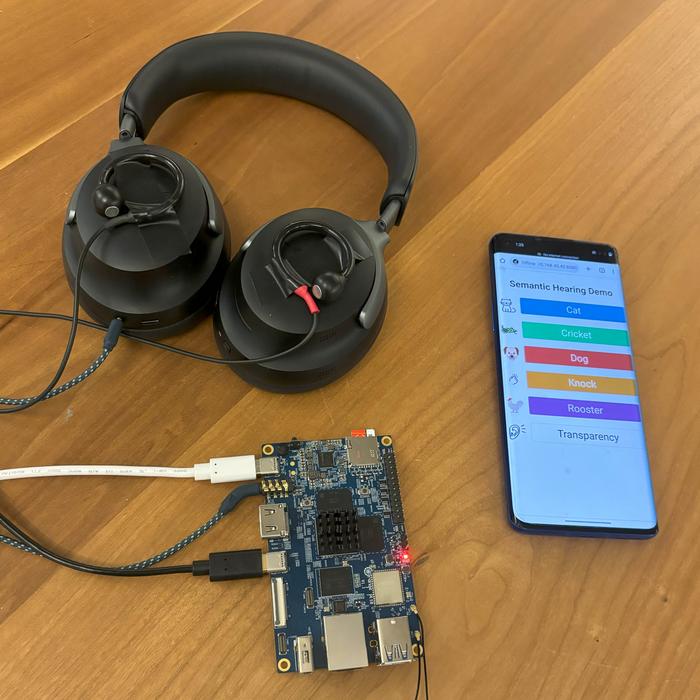New program to connect entrepreneurs with national laboratory-developed technologies
Oak Ridge National Laboratory has launched a new entrepreneurial start-up program, Safari, as an addition to the Department of Energy Office of Technology Transitions Practices to Accelerate the Commercialization of Technologies, or PACT, program. Safari seeks to connect post-exit entrepreneurs with commercially relevant technologies developed by world-leading scientific experts, which could provide the basis for a new business. […]

Oak Ridge National Laboratory has launched a new entrepreneurial start-up program, Safari, as an addition to the Department of Energy Office of Technology Transitions Practices to Accelerate the Commercialization of Technologies, or PACT, program. Safari seeks to connect post-exit entrepreneurs with commercially relevant technologies developed by world-leading scientific experts, which could provide the basis for a new business.

Credit: Laddy Fields/ORNL, U.S. Dept. of Energy
Oak Ridge National Laboratory has launched a new entrepreneurial start-up program, Safari, as an addition to the Department of Energy Office of Technology Transitions Practices to Accelerate the Commercialization of Technologies, or PACT, program. Safari seeks to connect post-exit entrepreneurs with commercially relevant technologies developed by world-leading scientific experts, which could provide the basis for a new business.
A post-exit or serial entrepreneur has established and sold at least one company.
“An experienced entrepreneur is likely to succeed in subsequent business ventures,” said Jennifer Caldwell, director of technology transfer at ORNL. “Safari aims to thoughtfully and expediently connect entrepreneurs looking to start a new company with available high-impact technologies.”
ORNL holds a portfolio of hundreds of innovations developed in the course of the lab’s research and development missions with applications in manufacturing, energy and utilities, materials, chemicals, analytical instrumentation and transportation. ORNL Safari innovation managers will conduct interviews with interested entrepreneurs to develop a curated portfolio of options to consider.
“Our team has a lot of experience working with researchers who have spun out their own companies as well as with licensing technology to new entrepreneurs and well-established companies,” Caldwell said. “Safari allows us to apply that expertise before a company is even created to maximize the potential for success.”
Once an entrepreneur has selected the technologies of interest, ORNL’s technology transfer team will host them for a tailored technology “safari” at the lab — a series of discovery meetings with researchers, laboratory tours and demonstrations — with the aim of successfully matching the entrepreneur to a technology for licensing. During this visit, interested entrepreneurs can also be connected with local and regional networks and resources.
With the assistance of Safari innovation managers and the entrepreneur’s start-up team, an entrepreneur will identify and evaluate a selected business opportunity and develop a commercialization plan that considers product, market, financing and team structure. With a plan in hand, an entrepreneur can seek a license for the intellectual property supporting the innovation.
Read more about Safari and complete the interest form. For more information, contact partnerships@ornl.gov.
PACT promotes the transition of research developed at DOE national laboratories toward the marketplace to promote U.S. competitiveness and national security. Read more about the PACT program.
Safari is the latest addition to a variety of technology transfer practices that ORNL employs, which include cooperative research and development agreements, strategic partnership projects and entrepreneurial support programs, such as Innovation Crossroads and TechStars Industries of the Future Accelerator.
UT-Battelle manages ORNL for the Department of Energy’s Office of Science, the single largest supporter of basic research in the physical sciences in the United States. The Office of Science is working to address some of the most pressing challenges of our time. For more information, please visit energy.gov/science.
What's Your Reaction?

































